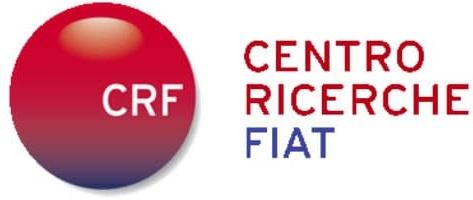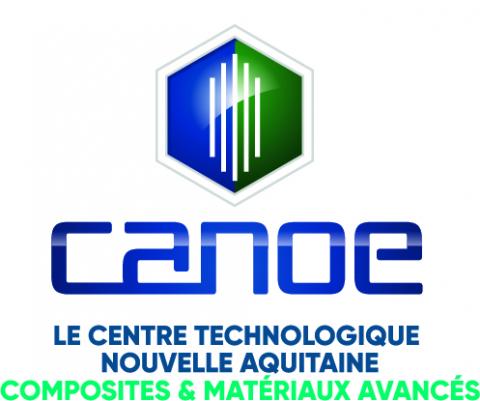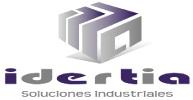TU DELFT

Delft University of Technology (http://www.tudelft.nl/) is the oldest, largest, and most comprehensive technical university in the Netherlands. With over 22,000 students and 2,200 scientists (including 200 professors), it is an establishment of both national importance and significant international standing. The University collaborates with other international educational establishments and research institutes and has partnerships with governments, branch organizations, numerous consultancies, the industry, and companies from the small and medium business sectors.
Society is TU Delft’s continuous incentive for research. Health, energy, environment and infrastructures & mobility are today's major social issues. That's why TU Delft pays extra attention to research in these four domains. Fundamental research is part of this, because TU Delft aims to find solutions for tomorrow’s problems as well as today’s.
TU Delft has extensive oncampus research facilities, ranging from wind tunnels, chip facilities, a highvoltage lab and a nuclear reactor to serious gaming and product evaluation facilities. These facilities are also available for corporate research. Cooperation is central to successful innovation. To transform technological innovation into practical addedvalue applications for society, TU Delft cooperates with business, government and civic organizations.
The Resources & Recycling Chair (http://resourcesandrecycling.wordpress.com/) is a TU Delft’s research group with strong links to the minerals processing and recycling industry. The chair’s ambition is to create breakthrough’s in recycling by applying fundamental science into innovative processes and implement them in collaborations with industry. PhD projects combine theoretical insights and modelling with experiment in the group’s laboratory and in pilot plants. The group has coordinated two FP7 projects, on polyolefin recycling (W2Plastics) and on concrete recycling (C2CA), and participates in a third on recycling of waste electric and electronic equipment (Recyval Nano) and in two H2020 projects on construction and demolition waste recycling (HISER, VEEP). The Chair’s patent portfolio has led to half a dozen spinouts of which the largest today (Inashco) has 300 employees and worldwide operations.










